Mechanisms controlling microtubule diversity and functions
Responsable de l’encadrement : Carsten Jancke
Tél : 01 69 86 31 27 Fax : ……………………… E-mail: carsten.janke@curie.fr
Institut Cochin
Résumé du Projet de Stage
Who we are and what we do:
We are a team of microtubule enthusiasts aiming at understanding how the microtubule cytoskeleton adapts to its many different functions in living cells. We use an interdisciplinary approach to understand how microtubules are regulated at the molecular level to control their functions in cells, and how this contributes to organism homeostasis. This will tell us how dysfunctions of these mechanisms lead to diseases such as neurodegeneration, cancer, or male infertility.
Who we recruit:
We recruit creative and enthusiastic students motivated by interdisciplinary research. Candidates will be given the opportunity to choose their projects based on their interests. During their internship, candidates will receive close guidance from experienced researchers of our team, and will also interact with international collaborators.
Students acquire up-to-date technical expertise, learn to independently design experiments, and will be trained in communication skills during our weekly lab meetings. Successful master students will be able to apply for a PhD studentship to pursue their work in our team.
Which projects are currently ongoing in our lab:
Our lab offers projects in the domains of cell and organism biology and biochemistry.
- Molecular control of microtubule interactions with associated proteins (MAPs) – cytoskeletal architecture.
- Control of neuronal functions by tubulin modifications – neuronal physiology.
- Perturbed tubulin polyglutamylation – novel mechanisms of neurodegeneration.
- The impact of tubulin mutations on microtubule mechanics, dynamics and functions – neurodevelopmental disorders.
Which techniques are used:
Our team has expertise in a range of modern experimental techniques, such as
- Molecular cloning and protein expression in mammalian cells
- Lentivirus-mediated gene delivery
- Protein purification, biochemistry
- In vitro reconstitution assays and TIRF microscopy
- CRISPR-Cas9 gene engineering
- Cell biology (including primary cell culture); live-cell imaging with spinning disk microscopy; expansion and superresolution microscopy
- Mouse biology, histology, tissue clearing
Dernières Publications en lien avec le projet :
- Genova M, Grycova L, Puttrich V, Magiera MM, Lansky Z, Janke C, Braun M (2023) Tubulin polyglutamylation differentially regulates microtubule-interacting proteins. EMBO J 42: e112101
- Jijumon AS, Bodakuntla S, Genova M, Bangera M, Sackett V, Besse L, Maksut F, Henriot V, Magiera MM, Sirajuddin M, Janke C (2022) Lysate-based pipeline to characterize microtubule-associated proteins uncovers unique microtubule behaviours. Nat Cell Biol 24: 253–267
- Bodakuntla S, Yuan X, Genova M, Gadadhar S, Leboucher S, Birling M-C, Klein D, Martini R, Janke C, Magiera MM (2021) Distinct roles of alpha- and beta-tubulin polyglutamylation in controlling axonal transport and in neurodegeneration. EMBO J 40: e108498
- Gadadhar S, Alvarez Viar G, Hansen JN, Gong A, Kostarev A, Ialy-Radio C, Leboucher S, Whitfield M, Ziyyat A, Toure A, Alvarez L, Pigino G, Janke C (2021) Tubulin glycylation controls axonemal dynein activity, flagellar beat, and male fertility. Science 371: eabd4914
- Janke C, Magiera MM (2020) The tubulin code and its role in controlling microtubule properties and functions. Nat Rev Mol Cell Biol 21: 307-326
Ce projet s’inscrit dans la perspective d’une thèse
Ecole Doctorale de rattachement : SDSV

